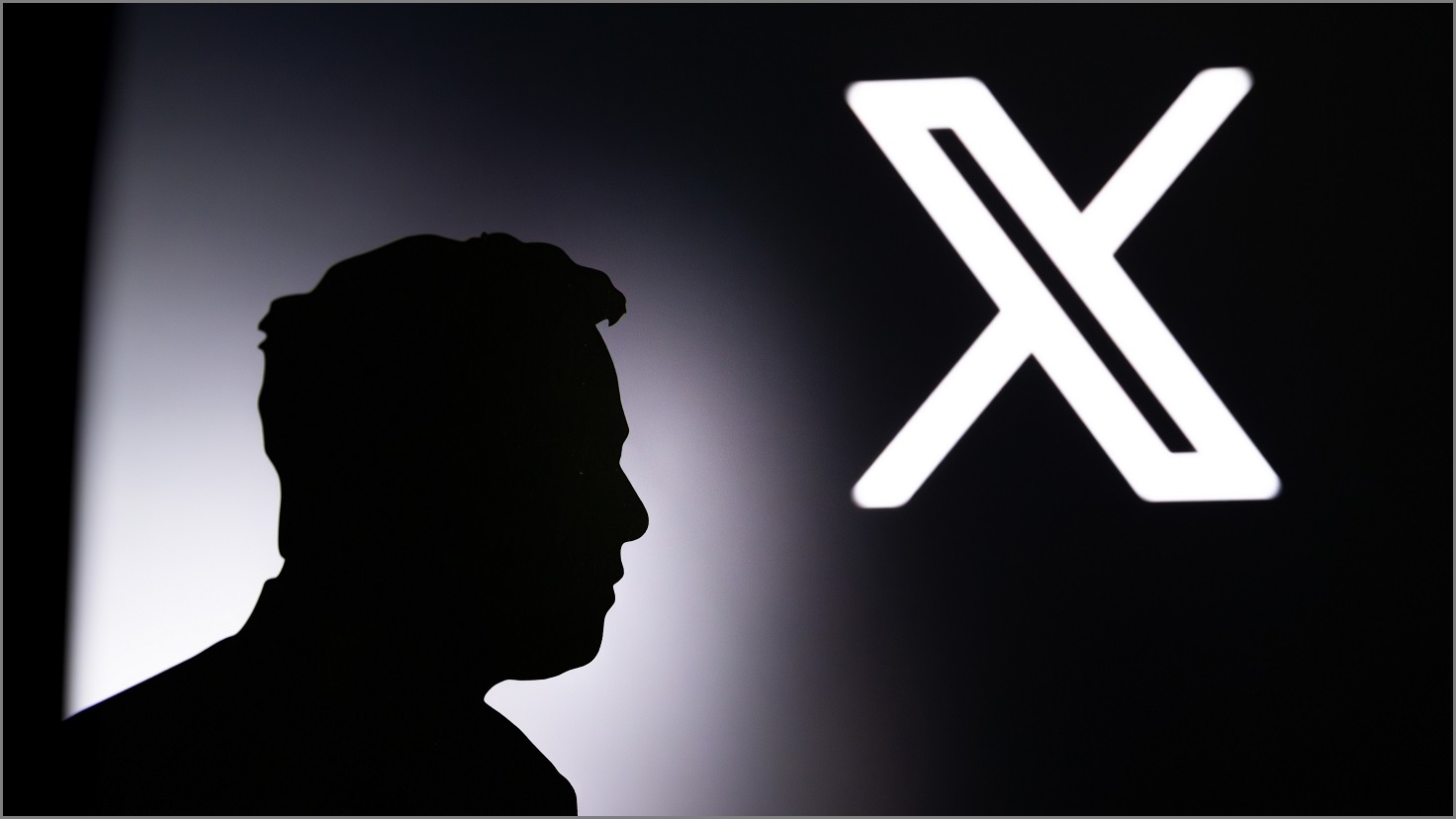Elon Musk’s social media company X, formerly Twitter, is unable to handle the spread of dis- and misinformation about the Israel-Hamas war that erupted after a deadly surprise attack over the weekend.
Old footage from past conflicts, protests, and even video games have spread on the platform as if they were recorded during the last few days, while a clear disinformation campaign has emerged that uses video of celebratory fireworks in Algeria to inflame hatred about the war.
Alex Stamos, Director of the Stanford Internet Observatory, said the escalation of conflict between Israel and Hamas has proven once again “how important social media is during fast-moving historical events”.
“Sadly, the destruction of the teams Twitter put in place to fight organised manipulation makes it harder for individuals to speak to a global audience as their message gets buried by troll farms, state propaganda organs and grifters,” he posted on Mastodon.
Today, the Information reported that X has, in recent months, stopped using an internal tool designed to spot co-ordinated disinformation campaigns by flagging when multiple accounts share the same images or videos.
Since Musk took over Twitter last November, the billionaire has made a series of decisions that contributed to the destruction of what once made Twitter the go-to source of information about real-time events.
Moderation and public policy teams were gutted, algorithms readjusted, and the previous verification system was replaced with a paid-for blue checkmark that bought people preferential treatment in X’s algorithmic feed.
Most recently, links to news sites were altered to remove headlines so that news articles only appear as their primary image with a small indication of the website, making it impossible to tell at a glance what any given link is actually about.
Musk only makes things worse
Trusted open-source intelligence (OSINT) account the Intel Crab said on Monday morning that it was “the hardest time” they have had trying to provide information during a crisis.
“Credible links are now photos,” they said. “On the ground news outlets struggle to reach audiences without an expensive blue checkmark. Xenophobic goons are boosted by the platform’s CEO.”
Indeed, Musk himself has been directly complicit in muddying the information waters, encouraging his 150 million followers to use two accounts sources when “following the war in real-time”.
Soon Musk’s post was scolded by X’s Community Notes system for signal boosting unreliable accounts. He deleted it shortly after.
“The first account recommended by Elon Musk is well-known for highly questionable posts about Jewish people,” BBC journalist Shayan Sardarizadeh noted.
“And the second is one of the worst ‘osint’ accounts when it comes to posting misleading and unsourced content.”
Both accounts previously spread false claims that there was an explosion near the White House earlier this year.
Criticism of X’s lax moderation and safety policies appear to be causing movement within the company as CEO Linda Yaccarino on Tuesday pulled out of a speaking event next week citing “X platform safety” due to the Israel-Hamas war.
The spread of mis- and disinformation has always been a problem for social media platforms, many of which make some form of public effort – as Twitter once did – toward transparency about how they mitigate the spread of harmful messages.
Musk’s so-called ‘free speech absolutist’ approach to running a social media company saw him cull the teams working on those public policy activities, leading Australia’s eSafety Commissioner to issue a legal notice in June asking how the company is tackling online hate.
X is quickly losing the trust of its remaining userbase at a time when competitors are gaining steam.
Mastodon had been undercounting its user numbers and has 400,000 more monthly active users than previously reported.
Meta Threads, which launched in July with explosive growth figures, will soon release a trending topics feature to help it compete with X as a source of real-time information.










